July is the last month of the Wiki Loves Earth photo contest this year. Let’s take a virtual trip around countries that have ongoing competitions!
May and June have brought more than 70k photos of nature monuments from 25 countries, but more is to come. These photos help to draw attention to protected areas, illustrate wiki projects and have a chance to win on a local and international level. We are already halfway through the last WLE month — July. Take a look at local contests running all over the world:
Ireland

Ireland organizes WLE for the first time, and we are excited about this contest and its results so far! This island has unique nature and a variety of national parks, nature reserves and geoparks.
Find more details about the Irish contest.
Spain
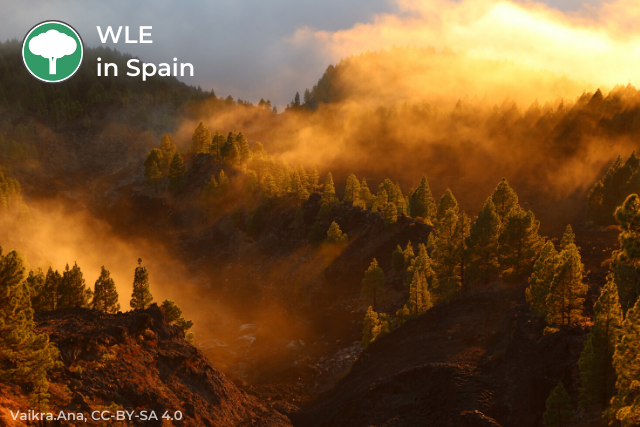
Spain participates in WLE for the 6th time! The Spanish team has created a really useful map of nature monuments where you can easily find an object and upload your submissions, take a look.
Find more details about the Spanish contest.
Canada

Now we move up north: WLE in Canada is waiting for your photos of its natural parks, conservation and wildlife areas. Did you know that this country has a huge number of lakes? Just imagine, 561 of them have a surface area larger than 100 km2!
Find more details about the Canadian contest.
Brazil

The largest country in South America has an extremely wide variety of nature monuments and species. This year, it’s already the 7th edition of WLE in Brazil, meaning that Brazil has been participating each time since the contest became international!
Do you want to know more? Check out the contest page.
Ukraine

Did you know that Wiki Loves Earth photo contest started in Ukraine in 2013? Then the contest became international in 2014. This country has the longest WLE history and has the 8th edition running right now!
Check out details about WLE 2020 in Ukraine.
Austria
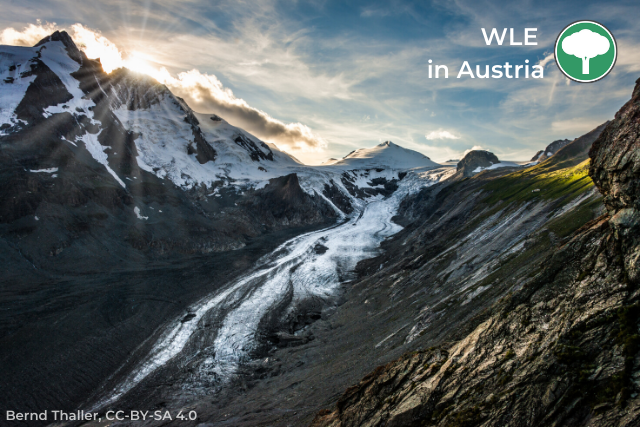
This year WLE in Austria is a part of a contest WikiDaheim. It’s focused on Austrian villages and areas: their monuments, nature, infrastructure, cellar streets, public art. By taking pictures or writing articles participants help to document aspects of life in Austria.
Find more details about the Austrian WLE.
Kenya
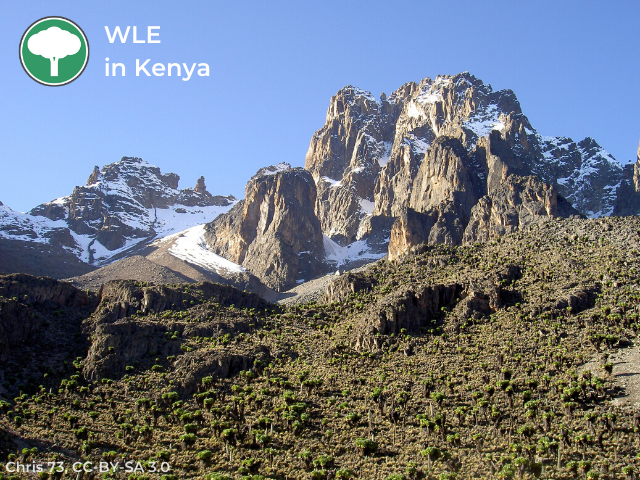
Kenya has already organized 6 editions of Wiki Loves Africa, and it’s their first WLE this year!
Overall, Wiki Loves Earth 2020 was organized in 7 countries across African continent. What are challenges and opportunities of WLE in Africa? Find out in our blog post from last year.
More details about WLE in Kenya.
Portugal

From mountain ranges to natural parks at the Atlantic ocean — Portugal has incredibly diverse nature. Apart from the continental part of the country, we can also help to document unique protected areas, flora and fauna of Portuguese islands. Just take a look at this photo of the Corvo island, Azores!
Find more details about the contest in Portugal.
Belarus

Belarus organizes Wiki Loves Earth for the first time this year and has great results so far.
We are happy to welcome new members to the WLE family! Do you want to start a contest in your country next year? Check out our guide and email us at wle-team@wikimedia.org.ua.
More info about WLE in Belarus.
Benin

The second edition of WLE in Benin is gathering photos of its nature monuments! This country has large national parks — home for various mammals and predators.
Unfortunately, eco-systems of Benin have been subject to severe misuse by deforestation. WLE helps to document such problems and attract public attention to them.
Find more details about WLE in Benin.
Bolivia

Bolivian nature is breathtaking, unique, and needs to be shown to the world. Many articles about nature monuments in Bolivia are still lacking photos, and their first WLE is aimed to fix that.
Don’t forget that after uploading your submissions you can also help Wikipedia by adding your photos to relevant articles and lists!
Check out more information about WLE in Bolivia.
Latvia

Latvia joined WLE in 2017 and has joined every edition ever since. Last year this Latvian photo of sunrise in Ķemeri national park got to the list of winners of the international round. Let’s see which countries will get to our top-15 this year!
More details about WLE in Latvia.
Malaysia
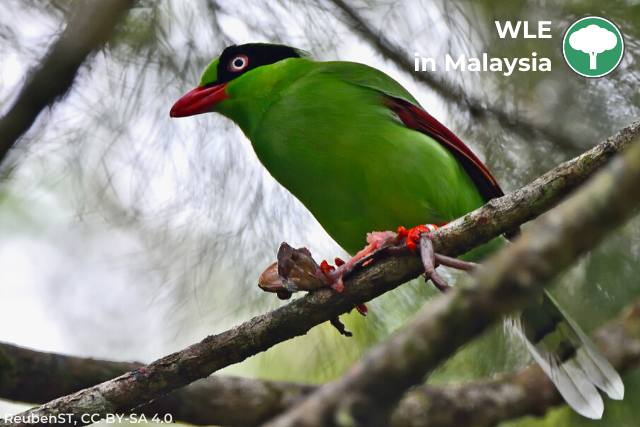
Do you have any photos of animals/birds in a protected area? They are eligible for the contest, too! Take note that your photo will be more likely to win if it depicts a common representative for the particular area and includes coordinates.
This Bornean green magpie won the local contest in Malaysia last year. This country has bright flora and fauna that needs to be documented.
Check out the contest page of WLE in Malaysia.
Rwanda
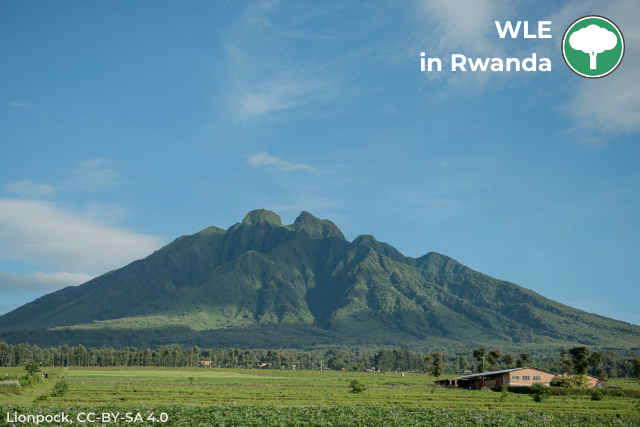
What do you know about Rwanda? This country is one of the smallest in Africa and has a rich wildlife. For example, Volcanoes National Park is home for the mountain gorilla population, which includes only about 1,000 individuals in the world.
Help to document nature of Rwanda! More information about the local WLE.
Tanzania

Tanzania joined WLE last year and is back again to the competition in 2020! African nature is often poorly documented on the Internet. Wiki Loves Earth in African countries helps to close the gap and illustrate Wikipedia articles about protected areas of this continent.
Upload your pictures of nature monuments in Tanzania!
Do you have any questions about Wiki Loves Earth? Maybe you want to organize WLE in your country next year?
Contact us at wle-team@wikimedia.org.ua and we will tell you everything you want to know!
